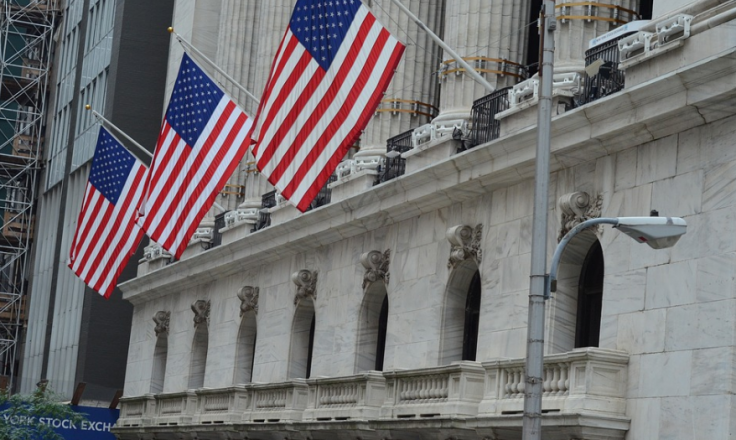Morgan Stanley is predicting a stock rout in the near future. The reason is quite obvious - investors are attracted by higher-yielding, lower-risk investment options.
The analysts at the brokerage point out that two factors sustained the stock rally over the years. These were a friendly US Federal Reserve and a 'There Is No Alternative' (TINA) syndrome. Now, these two support systems for the stocks aren't there any more.
Another Warning
Last week as well, Morgan Stanley had warned that the stock market sell-off, triggered by recession fears and the inflation specter has not ended yet. The brokerage had said that the US stock index S&P 500 could drop up to 25 percent in the next four months.

Even this level is not a guaranteed bottom for the market. If the US economy slips into a recession, the index could plunge to 3,000, the analysts had warned.
FOMC Meeting
The latest comment comes ahead of the Fed's FOMC meeting at which US benchmark rates will be hiked again, the third this year. Analysts agree that the Fed will increase interest rates by 75 basis points. Some believe that a 100 basis point rate cannot be ruled out. Brokerage Nomura had said it believed a full percentage point rate hike is on the cards.
Will Fed Keep Raising Rates?
There is also a strong chance that the Fed will not stop its rate hike just yet. As inflation remains high, impacting all segments of the economy, especially the low income groups, the policy rates could be firmed up more.
With the US dollar and US Treasuries looking more attractive and less volatile in the medium term, investors will flock to these, abandoning the stock market.
Morgan Stanley analysts pointed out that six-month US Treasury bills now yield about 3.75 percent, while 1- to 5-year credit yields 4.9 percent. It points out that the S&P 500 gives a return of 5.9 percent. This may make the stocks more attractive but the volatility in the markets nullify that advantage. The analysts point out that over the last 30 days, the S&P 500 was 5.7 times more volatile than the Treasury notes.

Inflation Specter
"Psychologically, it means adjusting to a world where the Fed no longer seems as friendly and market supportive. Over much of the last 12 years, with inflation undershooting targets, central banks were often happy to push for easy policy when conditions looked tough. But with inflation now high in the US, the UK and the eurozone, that dynamic has changed," Morgan Stanley strategist Andrew Sheets wrote in a note, according to financial daily Live Mint.
US stock markets had plunged last week after the latest inflation report spooked investors. The Wall Street outlook turned even more dismal with brokerage firm Nomura saying the Federal Reserve could hike rates by a full percentage point a week later. The stock rout was the worst single day drop since June 2020 and it negated the gains from all recent rallies.








